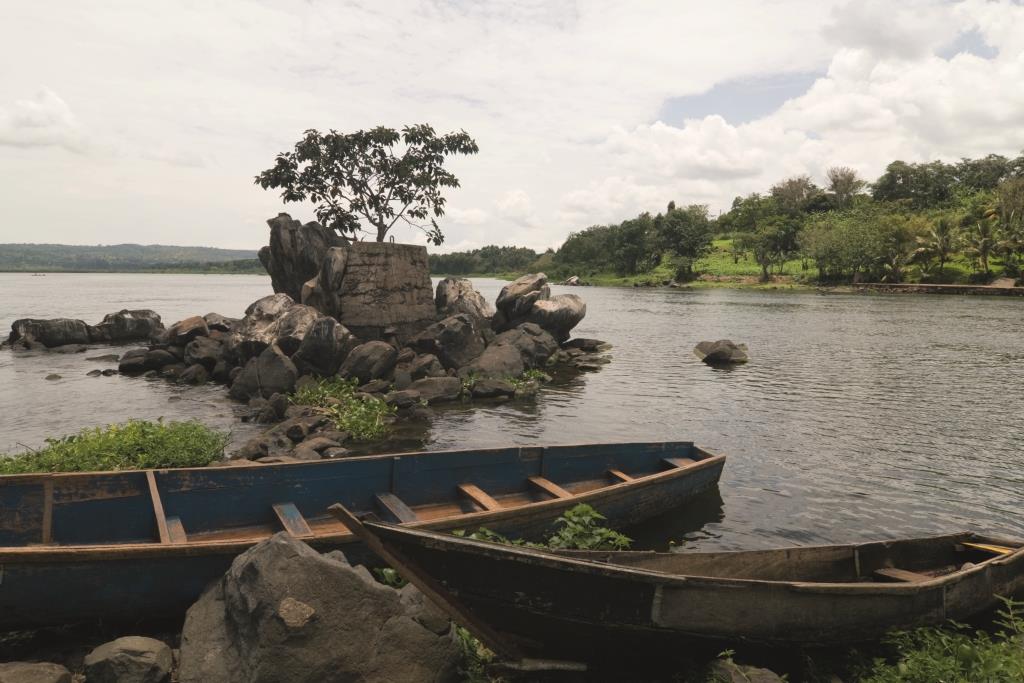Despite its problems, East Africa’s third-largest economy has enjoyed a measure of political stability. In 1986, pragmatic former guerrilla leader, Yoweri Museveni, overthrew President Milton Obote and his National Resistance Movement (NRM); he has dominated the political landscape ever since and is expected to do so for the foreseeable future.
This vestige of political stability, coupled with western-backed economic reforms, culminated in robust economic growth for the east African nation. Between 2006 and 2010, growth averaged an impressive 7.2%. Growth has been supported predominantly by coffee exports, household consumption and infrastructure development. The commencement of oil production, following the discovery of oil in 2006, will be a further boost for growth in years to come.
However over the past financial year growth has taken a knock and was the lowest it has been for several years. Official statistics show growth to have slumped to 3.2% in FY2011/12, down from 6.7% the previous financial year. Growth was weighed down by rampant inflation and weak external demand, primarily emanating from concerns surrounding the Eurozone debt crisis.

The equator, exactly at zero degrees north or south, The line is also painted on the road.
The International Monetary Fund (IMF) expects growth to improve to 6% in 2012 and rise to 7% in 2013. Growth is likely to benefit from less stringent monetary policy on the back of subdued inflation. This is likely to improve credit extension to the private sector that had been adversely affected through tight monetary policy pursued since the middle of last year.
Inflation last year spiralled out of control prompting the Bank of Uganda to raise the central bank rate from 13% in July to 23% in November. Inflation decreased to 18% in June, from 18.6% a month earlier. Declining inflation allowed the central bank some scope to ease the policy rate. The central bank rate was lowered to 19% in July, down from 20% in June. Despite falling inflation, the Bank of Uganda is likely to be cautious in its monetary policy stance in months ahead. Rightly so as core inflation still remains high at 19.5% as of June.
Fiscal policy will complement monetary policy and remain accommodative in line with the country’s infrastructural and developmental ambitions.
Macroeconomic policy will be further anchored through the IMF’s Policy Support Instrument (PSI) program currently in place. In June the IMF gave the program a thumbs up which will soothe investor concerns.
There are several risks to growth in coming years. Uncertain global growth given the lack of a comprehensive and permanent solution to the European sovereign debt crisis should keep external demand low and continue to curtail exports. About 22% of Ugandan exports are destined for Europe.
Slowed global growth should keep energy prices low. Conversely, inflation will soar in the event that oil prices rise significantly. Food inflation in particular will also be dependent on rainfall conditions. Poor rains drove food inflation higher last year and it remained sticky at 12.7%, in June.
The possibility of war between Sudan and South Sudan will also have a considerable bearing on Uganda’s growth. The two neighbors engaged in border conflicts earlier in the year and have threatened each other with full-blown war. In the unfortunate event of war, Uganda has pledged to support South Sudan. A war between the two neighbors would threaten lucrative trade between Uganda and South Sudan.
Uganda has been rocked by mass protest following the general elections last year, which threatened the county’s stability. Continued protest will disrupt production. The protests have been led by opposition leaders and aim to turn the government’s attention to rising living costs, unemployment and rising corruption levels. Worryingly though, the protests have turned violent and police heavy-handedness to quell the protests has been reported.
Investors will be watching the economy closely in months to come. Top on their radar will be how quickly President Museveni addresses protests concerns. Any escalation of the protest would be detrimental to the economy. Investors will also have an eye on the commencement of oil production slated for 2013.
